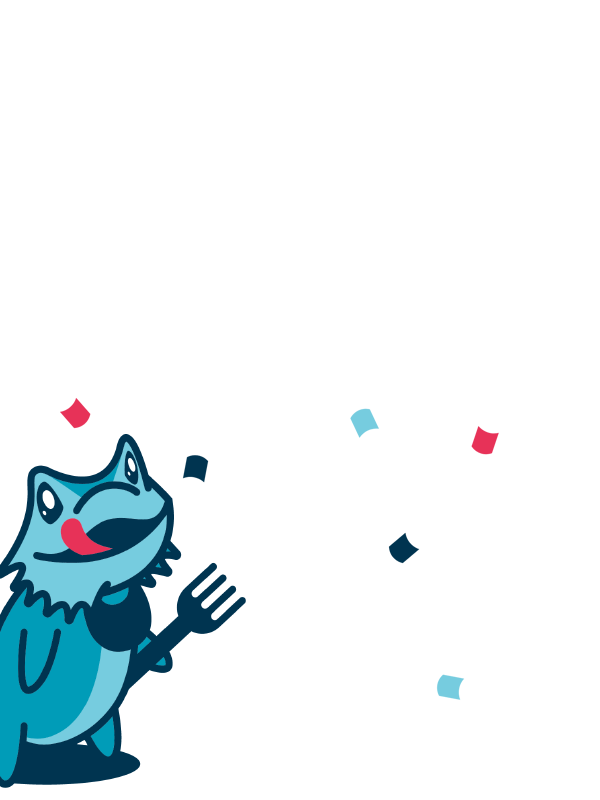Maybe you’re serving salmon tonight. Or you saw an online video of a bearded dragon eating a goldfish. Whatever it was, now you’re curious. Seasoned pros and reptile newbies alike have asked the question: can bearded dragons eat fish? On the one hand, it’s fatty and not prevalent in their natural environment. On the other hand, it’s full of protein, vitamins, and minerals.
Do Bearded Dragons Eat Fish in the Wild?
Many times, when you want to know the answer to a question about what a dragon can eat, you look to the wild and see if they would eat that plant or creature in their natural environment. That being said, bearded dragons are not very likely to find fish in the Australian desert. And even if they did, fish aren’t something they’d be eating very often.
That alone tells us that fish are not necessary for bearded dragons to eat. It also offers insight into the answer of whether bearded dragons can eat fish or not.
Can Bearded Dragons Eat Fish? Including Tuna, Shrimp, and Goldfish
Feeders and Cooked Fish
When someone asks this question there are basically two kinds of fish they are usually referring to:
- Saltwater fish that people typically eat (think tuna, shrimp, salmon, etc.)
- Feeder fish that you might keep as a pet (like goldfish or minnows)
Can bearded dragons eat any of these fish? Cooked or raw? And how often?
Bearded dragons should not eat fish. Any fish. That means cooked, raw, feeders, all of it. Bearded dragons just don’t need fish, and it presents a lot of risks. Here are some reasons why feeding your bearded dragon fish is not a good idea:
- Bones. An obvious case against fish (especially feeders) is the bones. They can cause choking, gut impaction, or even internal injury.
- Protein. Although dragons need protein in their diet (one reason why Dubia roaches are an amazing feeder for them), too much protein can cause issues. Dragons who consume too much protein over time can develop diabetes, obesity, and liver disease. In a worst case scenario, heart failure may occur.
- Vitamin B1. Dragons need Vitamin B1, or thiamine, for energy. Many fish, such as goldfish, contain an enzyme called thiaminase that actually prevents Vitamin B1 absorption.
- Fat. Fish contain Omega 3 fatty acids, which are great for humans but not so great for bearded dragons. Pet bearded dragons don’t typically get as much exercise as they would in the wild, so it’s really easy for them to become obese. This is why it’s important to limit fat in their diet.
- Parasites and bacteria. This is more of an issue with raw fish. If your bearded dragon eats several goldfish, for example, he is at risk of getting parasites or another illness. No pet owner wants to see their pet endure that.
Pro Tip: Looking for a source of protein for your dragon in addition to feeder insects? In some cases you can offer a bit of scrambled eggs.
If you have questions or would like to give feedback, please email us at team@dragonsdiet.com








